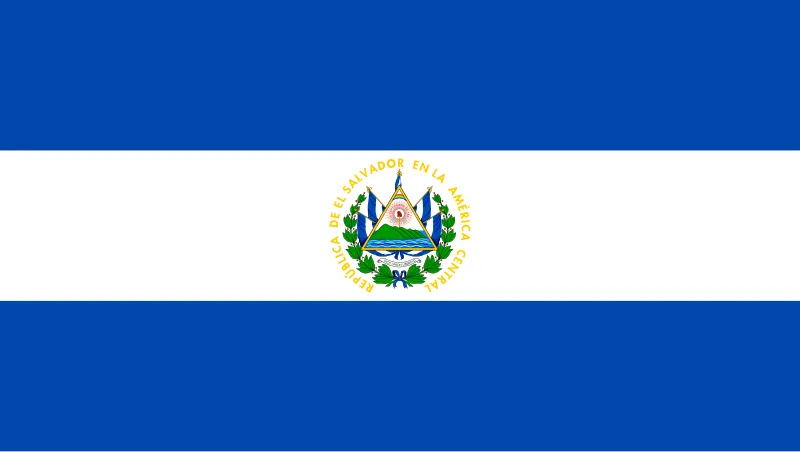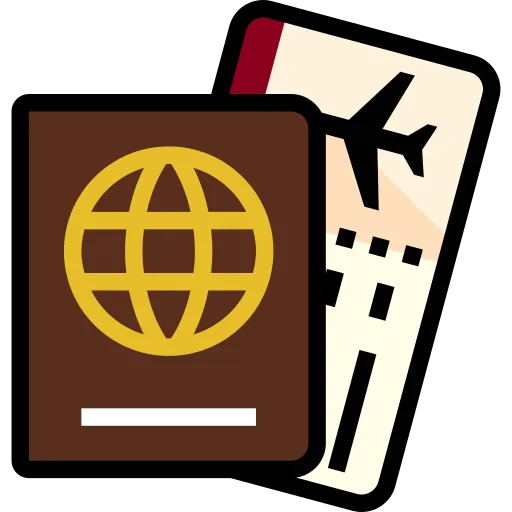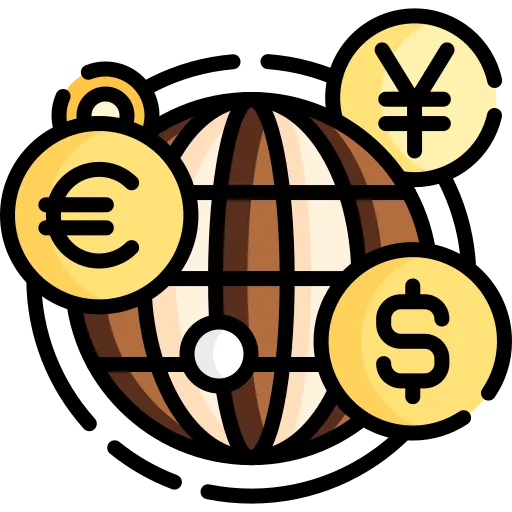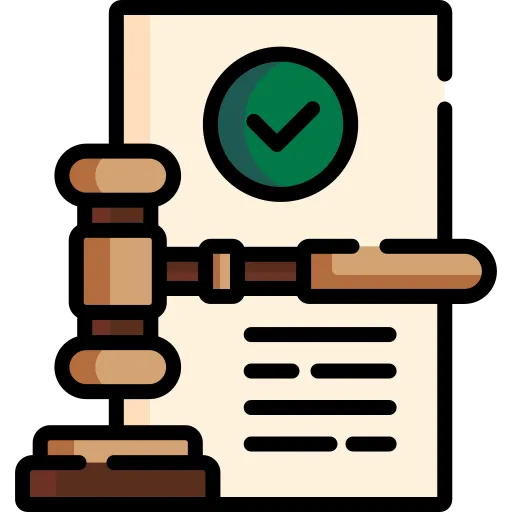

Passport Requirements
Visa Requirements
Special Entry Provisions
ID Card Entry
Visa Types
Important Links
Additional Considerations

Current Toll Roads
As of 2025, the main toll road in El Salvador is:
Toll Rates and Payment
Driving in El Salvador
Important Considerations
Useful Links

The official currency of El Salvador is the United States Dollar (USD).
Key Information
Currency Exchange
Payment Methods
Travel Tips

Understanding local laws and regulations is crucial for a safe and compliant visit. Below are key legal considerations for travellers in El Salvador, updated as of 2025.
Local Laws & Restrictions
Duty-Free Limits
Prohibited Items
Luggage Issues
Complaints
Beach Access
Key Resources

El Salvador is generally safe for travellers, with improving crime rates and a reputation for hospitality in tourist areas. However, travellers should remain aware of health precautions, road safety, and emergency protocols.
Safety Overview
Health Risks
Medical Facilities
Emergency Contacts
Travel Tips
Key Links
